9 GPTs for Nutrient Tracking Powered by AI for Free of 2026
AI GPTs for Nutrient Tracking are advanced tools designed to assist individuals and professionals in monitoring and managing dietary nutrients effectively. Leveraging the power of Generative Pre-trained Transformers, these tools are specialized in understanding and processing natural language related to food, nutrition, and health. They provide tailored solutions by analyzing dietary information, offering nutritional insights, and suggesting improvements. This enables users to maintain a balanced diet, achieve health goals, and understand the nutritional content of their meals with ease.
Top 9 GPTs for Nutrient Tracking are: NutriGuide,🍏 NutriGuide Personal Dietitian 🥗,🌿 Your AI Nutrition Guide 🍏,LOG MA FOOD,Pregnancy Nutrition Guide,Nutrition Guide,Nutri Tracker,Know What You Eat,Nutrition Facts Estimator
NutriGuide
Empowering Your Diet with AI
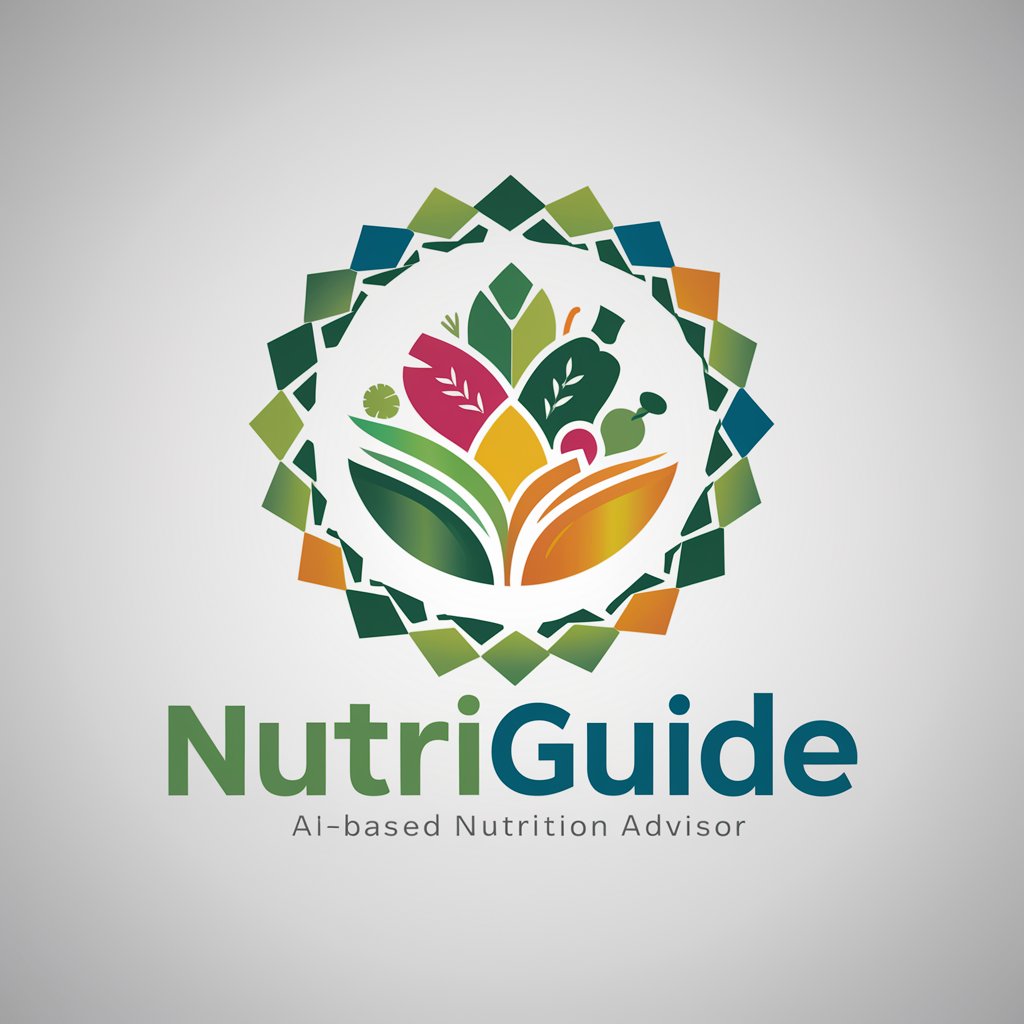
🍏 NutriGuide Personal Dietitian 🥗
AI-powered Personal Nutrition Expert

🌿 Your AI Nutrition Guide 🍏
Empowering your health with AI-driven nutrition.
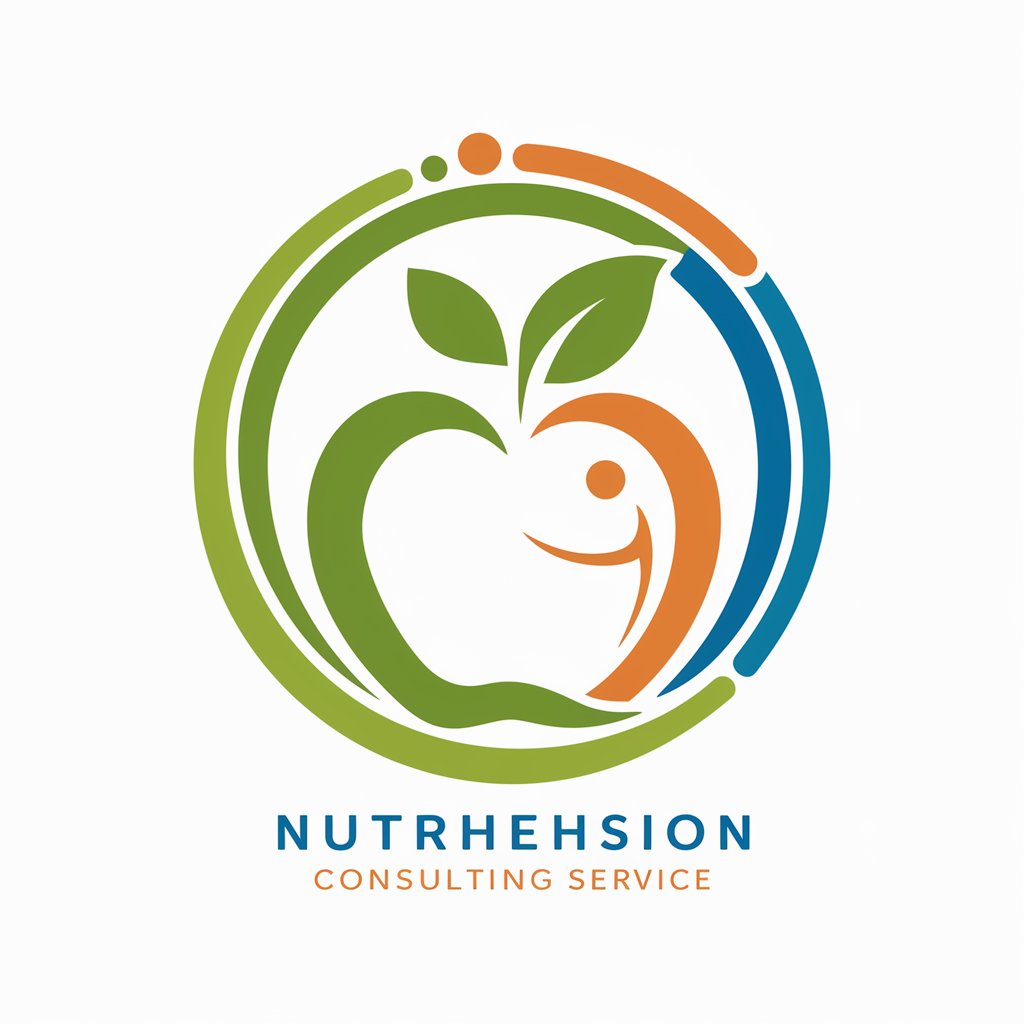
LOG MA FOOD
Empower your diet with AI-powered insights.
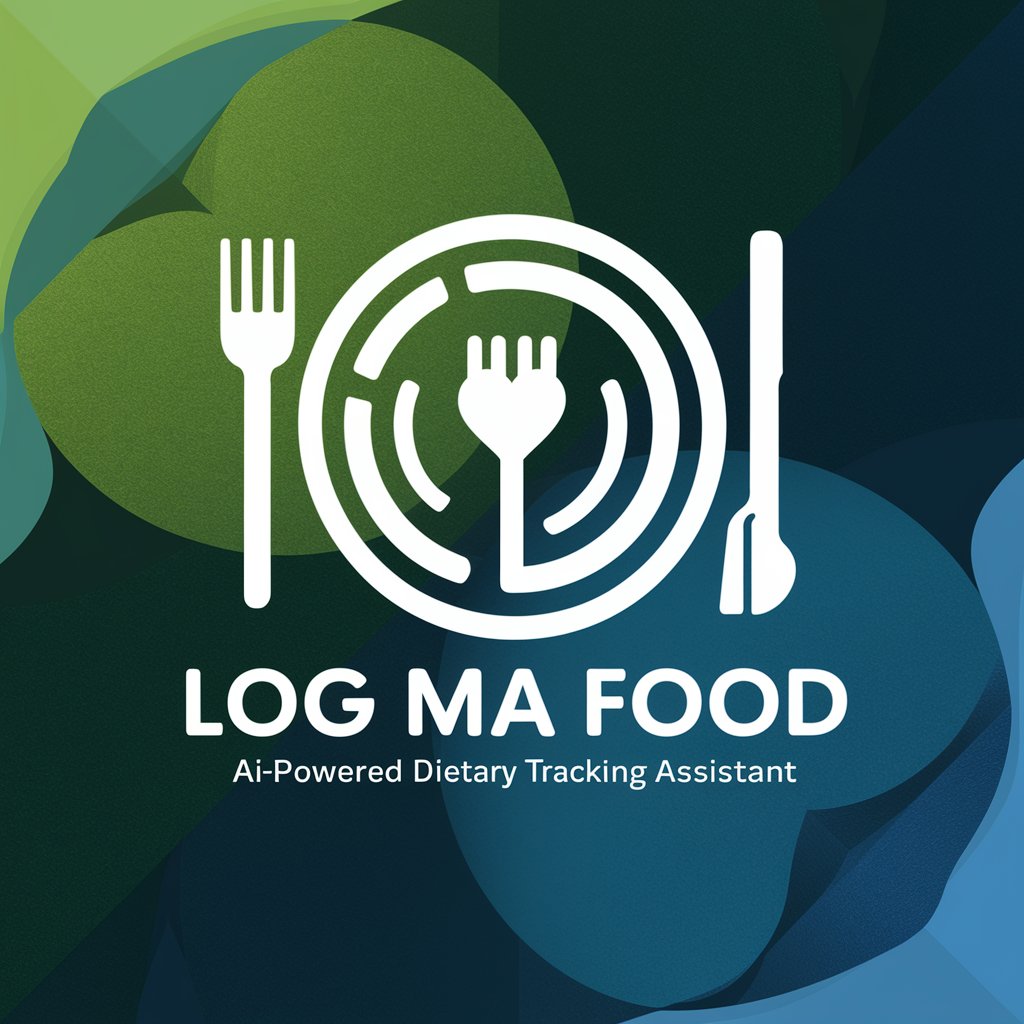
Pregnancy Nutrition Guide
Empowering Nutritional Decisions During Pregnancy

Nutrition Guide
Optimize Your Diet with AI
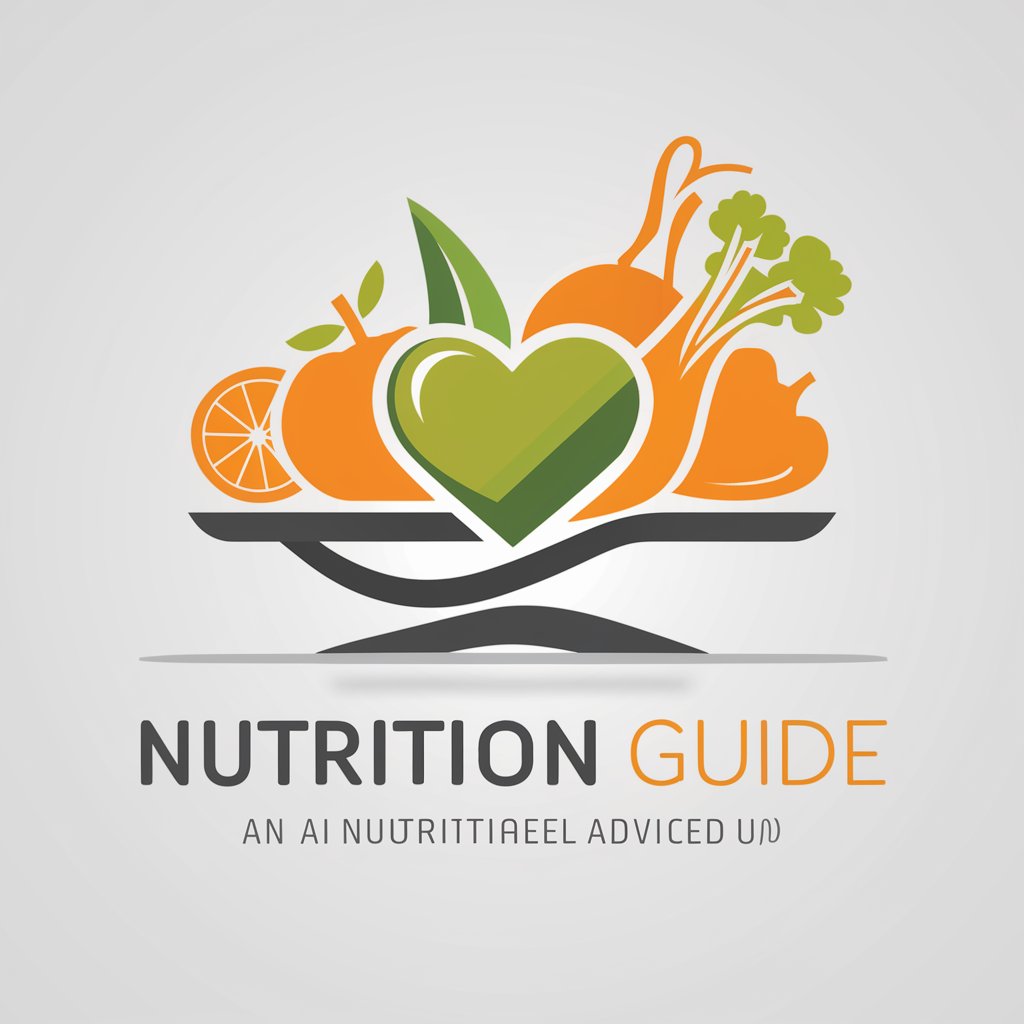
Nutri Tracker
Smart Nutrition, Smarter Choices

Know What You Eat
Empowering Healthier Eating Choices

Nutrition Facts Estimator
AI-Powered Nutritional Insight
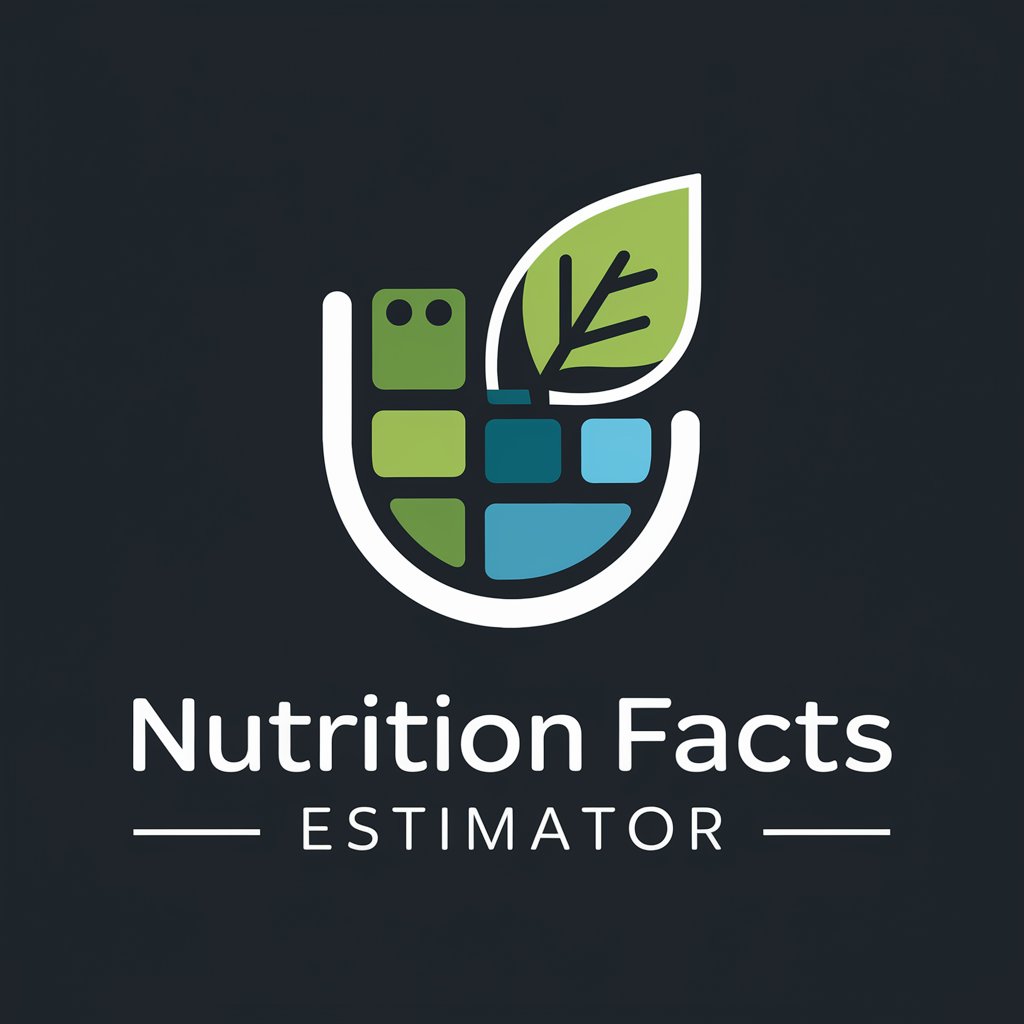
Key Characteristics and Functions
AI GPTs for Nutrient Tracking boast a range of capabilities, from simple meal logging to complex nutritional analysis. Key features include natural language understanding for easy meal description input, detailed nutrient breakdowns, personalized dietary recommendations, and integration with health apps for a comprehensive health management strategy. They can adapt from basic queries to complex dietary planning, supporting language learning, technical queries, web searches, image analysis for food recognition, and data analysis for trend identification.
Who Benefits from Nutrient Tracking AI?
These AI GPTs tools cater to a broad audience, from individuals seeking to improve their dietary habits to healthcare professionals and nutritionists looking for efficient ways to monitor and advise on nutrition. They are accessible to users without technical skills through user-friendly interfaces, while also offering extensive customization options for developers and professionals who wish to tailor the tools to specific needs.
Try Our other AI GPTs tools for Free
Entry Strategy
Unlock market entry success with AI GPTs: your AI-powered assistant for strategic planning, analysis, and predictive insights tailored to your business needs.
Contemporary Arts
Discover how AI GPTs are revolutionizing the contemporary arts sector, offering creative and analytical solutions for artists, curators, and enthusiasts.
Testimonial Stories
Discover how AI GPTs for Testimonial Stories revolutionize storytelling, creating authentic, engaging narratives tailored for marketing, personal stories, and more.
Insulation Upgrade
Explore cutting-edge AI tools tailored for insulation upgrades, designed to enhance energy efficiency and project outcomes with smart, data-driven insights.
Competitor Evaluation
Discover how AI GPTs for Competitor Evaluation transform market analysis with advanced insights, enabling strategic decision-making and competitive advantage.
Internship Listings
Discover how AI GPTs revolutionize the internship search and listing process, offering tailored solutions for candidates and employers alike, with features ranging from automated matching to application assistance.
Broader Implications and Integrations
AI GPTs for Nutrient Tracking are not just about logging food; they represent a significant step towards personalized health and nutrition. With user-friendly interfaces, they can easily integrate into existing health ecosystems, providing valuable data for users and professionals alike. Their adaptability across different sectors underscores their potential to revolutionize how we approach diet and health management.
Frequently Asked Questions
What exactly are AI GPTs for Nutrient Tracking?
They are specialized AI tools that utilize generative pre-trained transformers to analyze and provide insights on dietary intake and nutrition, facilitating healthier eating habits.
How do these tools understand what I eat?
Through natural language processing capabilities, they can interpret descriptions of meals and snacks, extracting nutritional data from a vast database of food items.
Can AI GPTs for Nutrient Tracking integrate with other health apps?
Yes, many of these tools are designed to work seamlessly with other health and fitness apps, allowing for a holistic view of your health and dietary habits.
Are these tools suitable for professionals in nutrition?
Absolutely, nutritionists and dietitians can leverage these AI tools to analyze clients' dietary habits, provide tailored advice, and monitor progress over time.
Do I need coding skills to use these AI tools?
No, these tools are designed with intuitive interfaces that require no coding knowledge, making them accessible to a wide audience.
How personalized are the dietary recommendations provided?
The recommendations are highly personalized, based on your dietary preferences, health goals, and nutritional needs, thanks to the AI's learning capabilities.
Can these tools help identify nutrient deficiencies?
Yes, by tracking your food intake, these AI tools can help identify potential nutrient deficiencies and suggest dietary adjustments.
What makes AI GPTs for Nutrient Tracking different from other diet apps?
Their ability to process and understand natural language inputs, provide detailed nutritional analyses, and offer personalized recommendations sets them apart from traditional diet tracking apps.